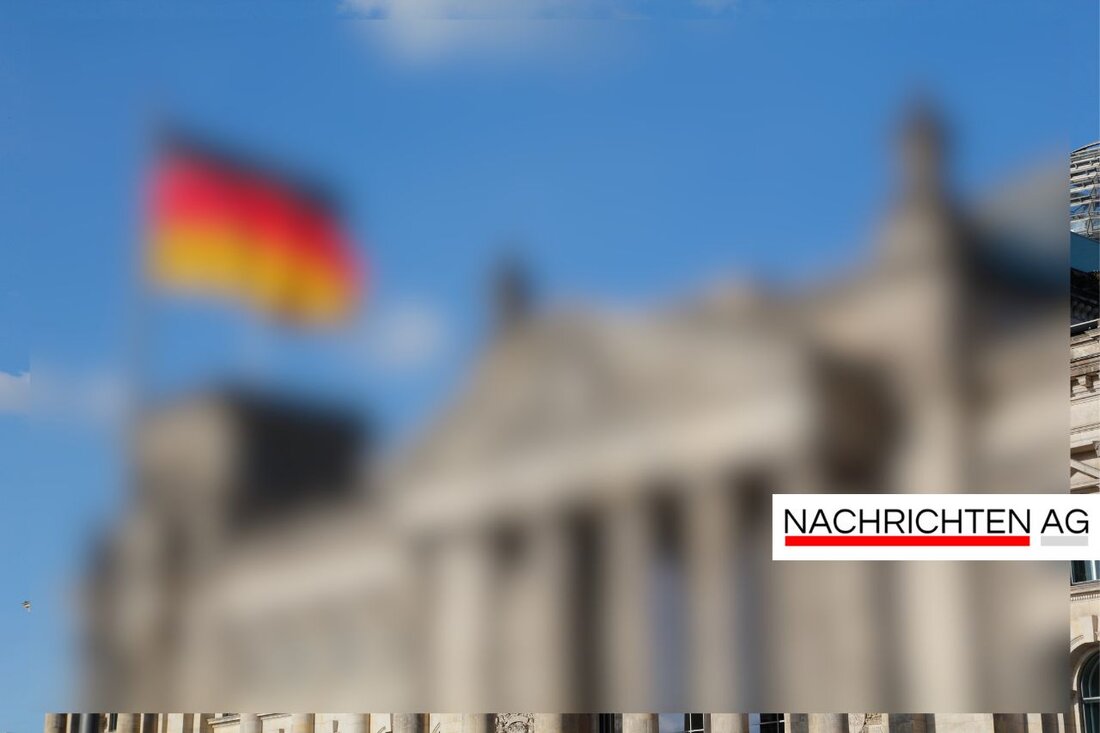Klingbeil in Frankfurt: Important impulse for retirement provision!
Finance Minister Lars Klingbeil visited Frankfurt on June 13, 2025 to discuss pension provision and capital market strategies.

Klingbeil in Frankfurt: Important impulse for retirement provision!
Last Friday there was an important visit to the Frankfurt trading floor. Lars Klingbeil, the finance minister, vice chancellor and SPD leader, entered the heart of the German financial market for the first time as part of his new role. His stay in the heart of Frankfurt took place just six weeks after he took office and was intended to send a clear signal to the financial center. At a time when many questions arise about economic stability and the future, Klingbeil's message was more than clear: Frankfurt plays a central role in Germany's financial landscape.
Klingbeil quickly confirmed the request from Hessian Economics Minister Kaweh Mansoori and took a look at the state development bank KfW as well as the Deutsche Bundesbank and the financial supervisory authority BaFin. The exchange with Mansoori and Deutsche Börse CEO Stephan Leithner outlined the need for a strong capital market for the country's economic stability. Particularly noteworthy was Klingbeil's optimism about the newly approved investment program to provide tax relief for companies, which offers the prospect of activating private investments.
Retirement provision and capital market support
Another central topic of the discussion was the establishment of a fund solution for retirement provision. Klingbeil expressed desirable prospects in this regard, as a funded pension provision is seen as an important stimulus for strengthening the capital market. Leithner underlined this idea and emphasized how important it is to make citizens aware of private pension options in addition to the statutory pension. In a country where less than 10 percent of the population invests in stocks, the necessary rethinking and strengthening of the stock culture is of great importance.
“We need more financial education,” Bundesbank expert Anne Mauderer recently appealed. In her view, she sees the need for more medium-sized companies in particular to actively engage with the capital market. She noted that markets are currently experiencing increased volatility, influenced by geopolitical tensions and advancing digitalization. In times like these, Germany not only needs strong international banks, but also locally anchored institutions that support medium-sized businesses.
A positive signal for Frankfurt
With his visit, Klingbeil also wanted to demonstrate a good hand and position the financial center of Frankfurt as the most important regulatory and supervisory city. He emphasized that the commitment to an ideal environment for private banks is important. Mansoori added that wishes and needs for the new federal government had already been formulated before the federal election. A strong financial environment is critical to achieving these visions.
Klingbeil's visit is also seen as a signal for continued cooperation and the development of Frankfurt as a financial center. He promised to visit the city again soon to reinforce his commitment. The coming months will show to what extent the topics and ideas presented can become reality in practice.
Given the challenges that the German banking landscape is currently facing, it remains to be seen what will happen with financial education and the promotion of more active use of capital for the broader population. The time for change is ready, now a good hand is needed.

 Suche
Suche
 Mein Konto
Mein Konto